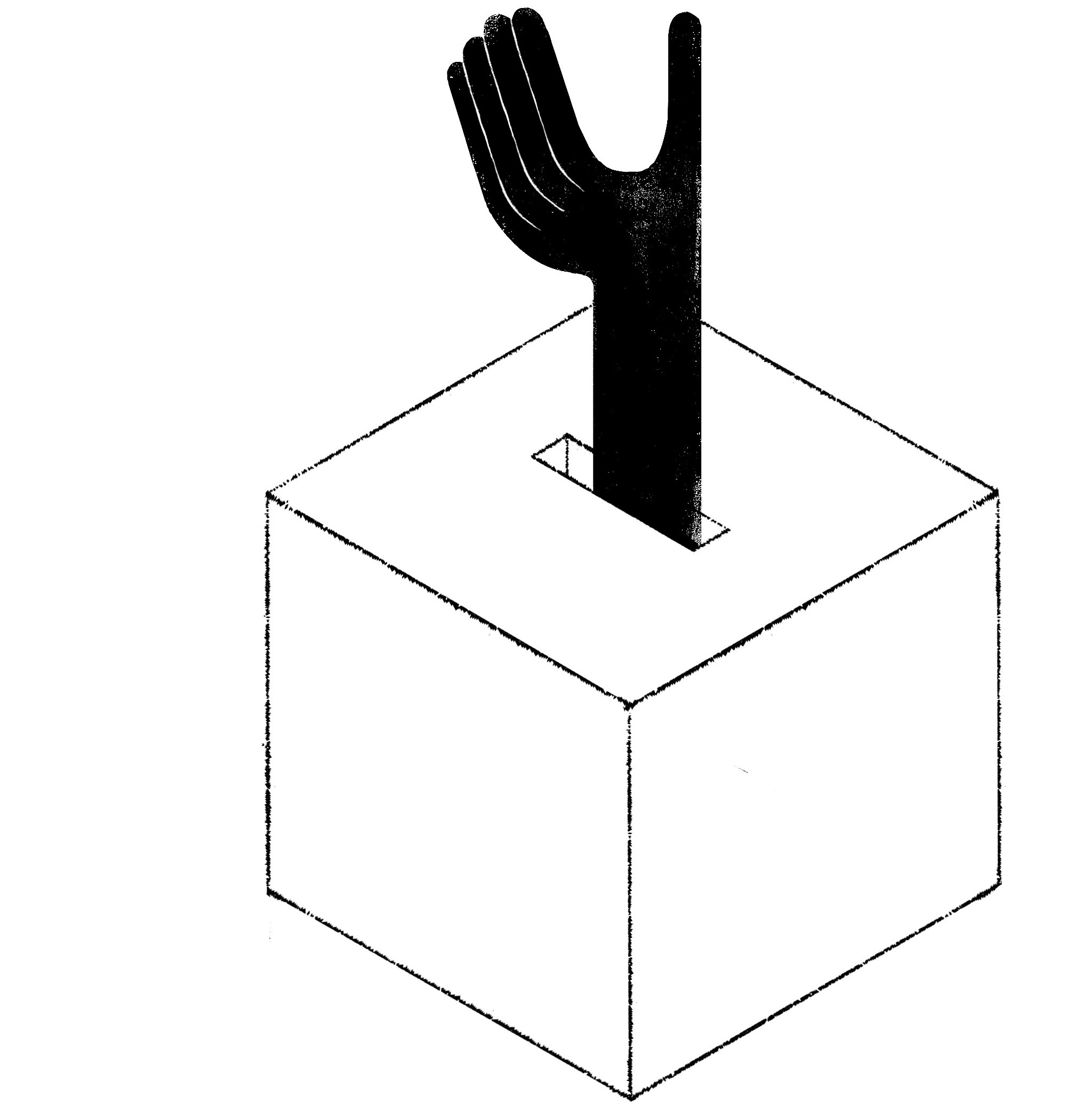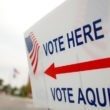A predominantly African-American audience filled the chamber on a late June morning as the Senate Judiciary Committee convened for a hearing on a bill that would restore parts of the 1964 Voting Rights Act (VRA).
What was arguably the most effective civil-rights legislation ever enacted had been gutted by the U.S. Supreme Court exactly one year earlier and Senate Democrats had proposed an amendment to address the Court’s ruling. Latecomers lined the walls and claimed the many empty seats at the press table.
Iowa Senator Chuck Grassley, the ranking Republican on the committee, summed up the Republican position.
“No one should doubt that voter discrimination is less widespread than it was in the 1960s,” Grassley said. “The current Voting Rights Act is strongly enforced and is protecting the rights of all Americans to vote.”
Until the Supreme Court struck down Section 5 of the VRA in June 2013, states and counties with a history of racial discrimination were required to obtain approval from the federal government before making changes to their voting procedures.
In Shelby County v. Holder, the Court accepted the Alabama county’s claim that Section 5 was an unfair burden and ruled 5-4 that the process for determining which jurisdictions were subject to this oversight, known as “preclearance,” was outdated.
Within two hours of the Court’s decision, Texas Attorney General Greg Abbott announced a strict photo ID law that had previously been blocked by Section 5. Mississippi and Alabama—two of nine states that had been legally required to clear new voting practices with the Department of Justice—followed suit. Georgia legislators, aware that African-American voters took advantage of the state’s early-voting provision, proposed a bill that would shorten early voting from 21 days to six days. Florida also moved to restrict its early-voting period, which was favored by more than half of black Floridians in 2008.
Republicans defend the U.S. Supreme Court’s decision to strike down part of the 1964 Voting Rights Act. It was unfair to Southern states, they say, because it presumed guilt without evidence. In fact, there is ample evidence of discrimination.
Senator Patrick Leahy of Vermont and nine fellow Democratic co-sponsors had introduced the Voting Rights Act Amendment (VRAA), which would restore a revised Section 5 to satisfy the Supreme Court.
Republican senators and conservative witnesses argued that the Voting Rights Act is strong enough without the Justice Department scrutiny that Section 5 provided. Abigail Thernstrom of the American Enterprise Institute called Section 5 a “period piece,” and conservative elections lawyer Michael Carvin testified that there is “simply no need” for Section 5, because Section 2 is a “very effective remedy for any form of discrimination.”
Sherrilyn Ifill, president of the NAACP Legal Defense and Education Fund, spoke in support of Leahy’s bill.
Under Section 2, she explained, discrimination is addressed in court after the fact, requiring lengthy and expensive legal battles that are resolved long after elections have been decided. Section 5 stopped voter discrimination before it occurred by requiring federal permission for changes to polling places, election dates, voter ID rules or district boundaries.
“We reject the notion that the right to vote should be premised on a voter’s ability to find a lawyer and file a lawsuit,” Ifill said.
Republican Senators John Cornyn of Texas and Jeff Sessions of Alabama took issue with what they consider special treatment for Southern states. Section 5 “proposes a presumption of guilt that is not borne out by evidence,” Cornyn argued.
In fact, there is ample evidence.
Before Shelby County was filed in 2010, the Calera City Council (in Shelby County) eliminated the city’s only African-American voting precinct, a redistricting decision overturned in 2009 by the Justice Department. Three years earlier, another Shelby County municipality, Alabaster, had eliminated its only historically African-American voting precinct, which the Justice Department also overturned.
Six months after the Supreme Court tossed out Section 5, the mayor and white council members in the East Texas town of Jasper, free from Justice Department oversight, annexed large residential clusters of white voters into an African-American district, altering the racial demographics of the district and ensuring that Jasper would become a majority white city.
The full Voting Rights Act, including Section 5, has been reauthorized five times since 1965 under four Republican presidents. Cornyn and Sessions were among 98 Senators in 2006 who voted to extend the law for 25 years. Leahy’s bill has no Republican co-sponsors in the Senate and the June hearing was sharply divided along party lines.
After the hearing was adjourned, 100 people gathered on the lawn in front of the Capitol, as House Democrats and luminaries of the civil-rights movement spoke from a small stage in the 90-degree heat. Minority Leader Nancy Pelosi and Congresswoman Judy Chu of California called on House Judiciary Committee Chairman Bob Goodlatte to move a bill forward in the House of Representatives.
Sherrilyn Ifill reminded the crowd that they had work to do to pressure representatives to support the VRAA.
The Rev. Francys Johnson, who is also an attorney and president of the Georgia NAACP, had a message crafted for the young activists in the audience.
“This is the cause of this generation,” Johnson said. He urged young people to “get on your Twitter feeds, on your Instagram, on your Facebook, on your Snapchat, and all of the other new ideas that are coming about, and begin the serious discussion of talking about what America must be in this hour.”
Unless the Voting Rights Act Amendment is passed, this November will mark the first national election in 50 years in which voters will be unable to rely on the full extent of the protections afforded to them by the VRA.
The rally was over after a reminder that the right to vote is preservative of all other rights. Camera equipment was dismantled and some young members of the group began to take photos in front of the Capitol. A student activist picked up a sign from where it lay on the grass and tucked it under her arm.
The sign read: “Justice for All.”
Alison Fairbrother is the director of the Public Trust Project.







0 Comments